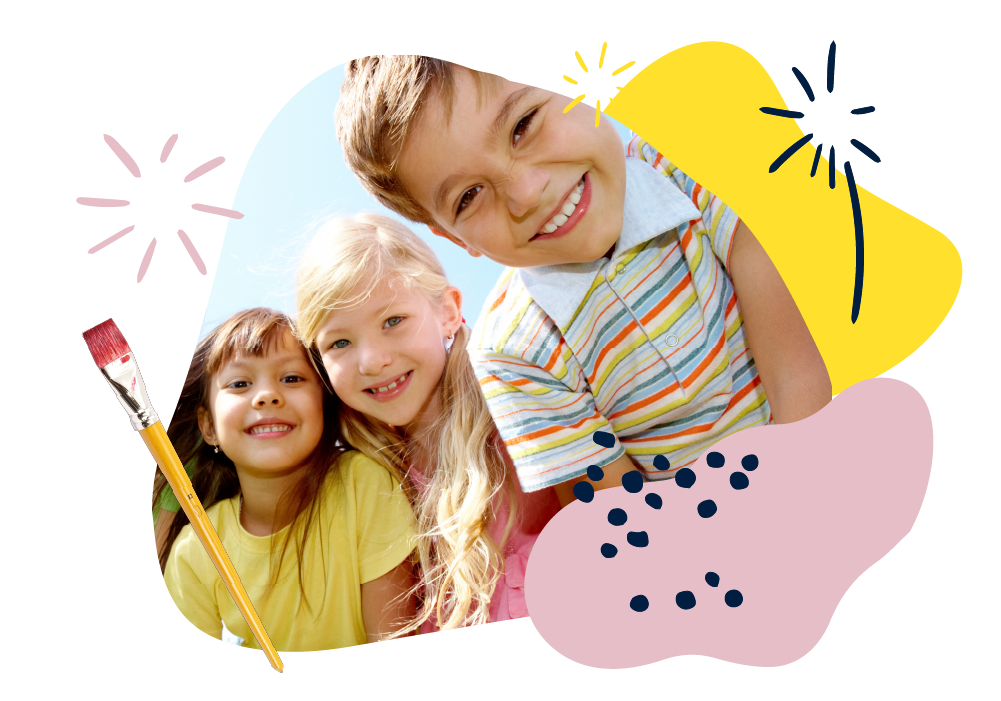Fun learning activities for 8-year-olds
Your little one will probably now be reading on their own and in different ways as well as working on key maths skills like their times tables, but it’s still really useful to play language and maths games of all kinds.
Most children love playing and it’s an easy way to support their learning. Here are some fun and easy things you can do which will help with your child’s developing reading and maths skills, spelling, and writing – and they won’t even realise!
Games and activities
1. Word games
- Try alphabet games like ‘The Philosopher’s Cat is… a fiery cat, a beautiful cat’, and so on, to expand vocabulary.
- Have fun with riddles – make them up and enjoy discovering different meanings for the same word.
- Make your own versions of well-known rhymes to help your child to hear patterns in words.
2. Board games
- Play Junior Trivial Pursuit which requires lots of reading and develops general knowledge at the same time.
- Play games where your child must use the powers of deduction to work out a journey or solve a crime – for example, Cluedo. There are many online versions too.
- Code-cracking games like Mastermind are really useful for helping your child to think logically.
3. Screen games
- Brain-training games are useful for developing a wide range of skills that are useful for reading and writing too.
- Search for on-line code-cracking games.
- There are plenty of commercially available adventure problem-solving games that demand creative thought and talk to succeed. Try Roomscape.
4. Make a game of it
- Get your child to make and keep a diary or calendar to encourage them to begin to take responsibility for their own organisation and activities.
- Get your child involved in planning a party. They can suggest a theme, who to invite, food, invitations, and so on.
- Setting up a pin board or magnetic board to display messages, postcards, certificates, reminders, and other memorabilia in your child’s bedroom is a great way to be creative about being organised and writing messages.
Video: Bringing the outdoors in
Educational author and parent Isabel Thomas shares how to help your child explore outdoors and then bring their enthusiasm back home.
